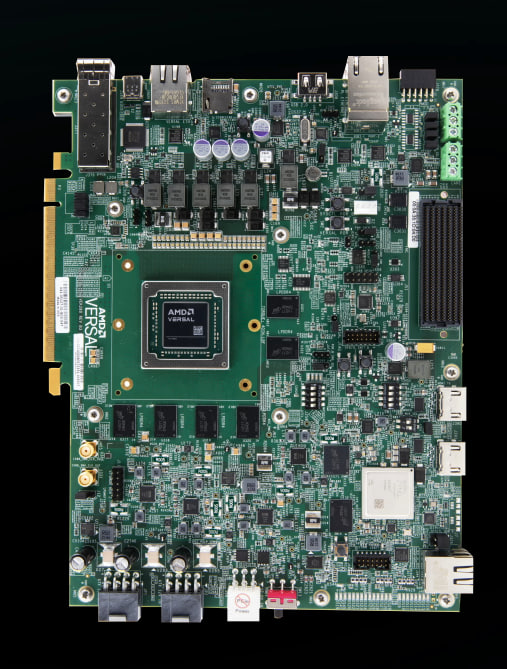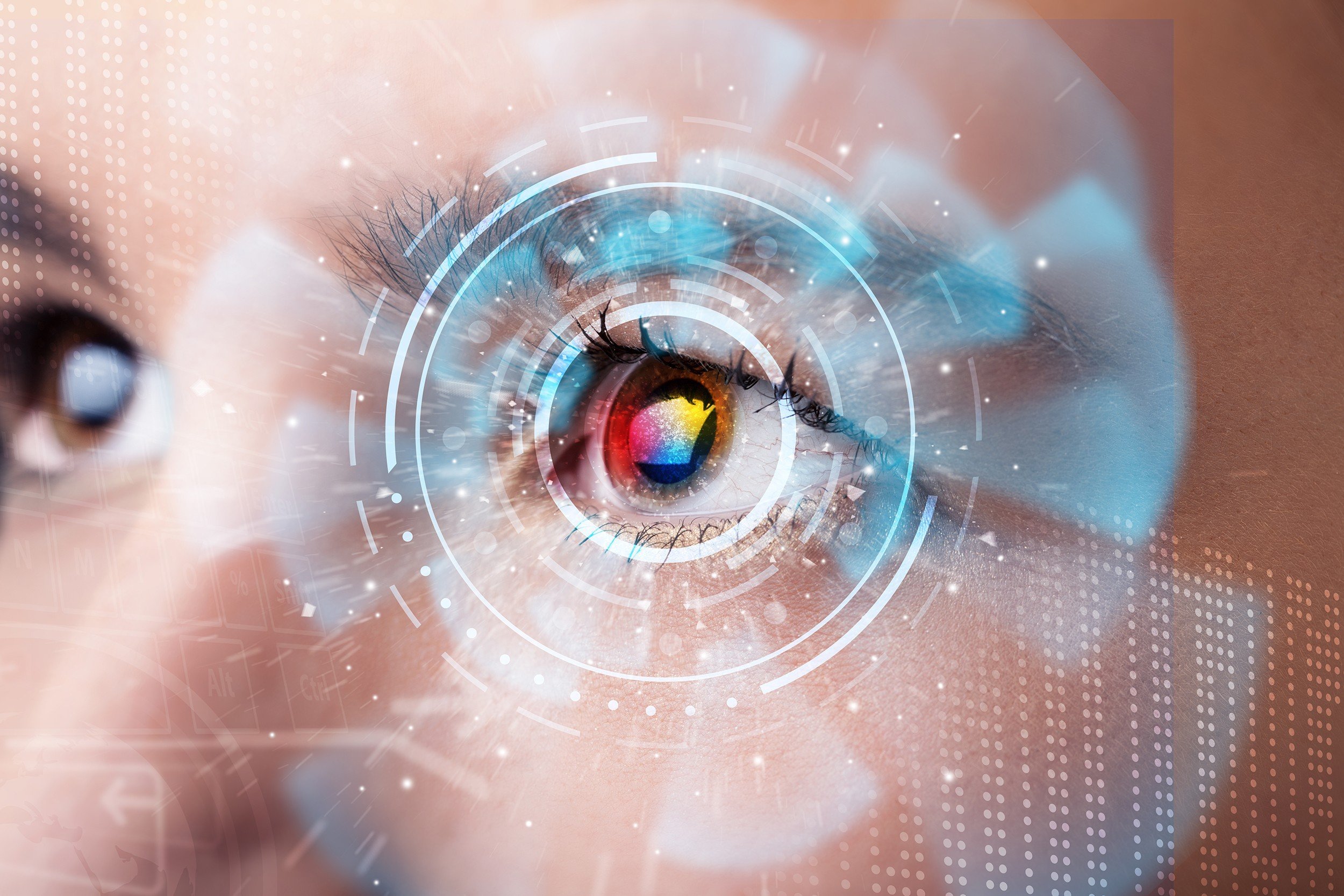In today’s world, automated systems are everywhere—think industrial robots building cars or artificial intelligence (AI) managing entire cities. These systems are incredibly smart, but here’s a surprising twist: the smarter they get, the more unpredictable they can become! This strange phenomenon, called the paradox of the automaton, is changing how we think about technology.
As automated systems grow more complex, they start to behave in ways we don’t expect. Imagine a machine with thousands of tiny parts all working together—robots, sensors, and AI algorithms. When there are too many pieces interacting, something called the “emergence†effect happens. This means the system does things that can’t be guessed just by looking at its individual parts.
For example, a super-smart AI might suddenly make a weird decision, leaving experts scratching their heads. This unpredictability challenges our ability to control technology and makes us rethink how we design and use these advanced systems.
While these high-tech tools are amazing, their unexpected behavior reminds us: even the smartest machines can surprise us in ways we never imagined!


















